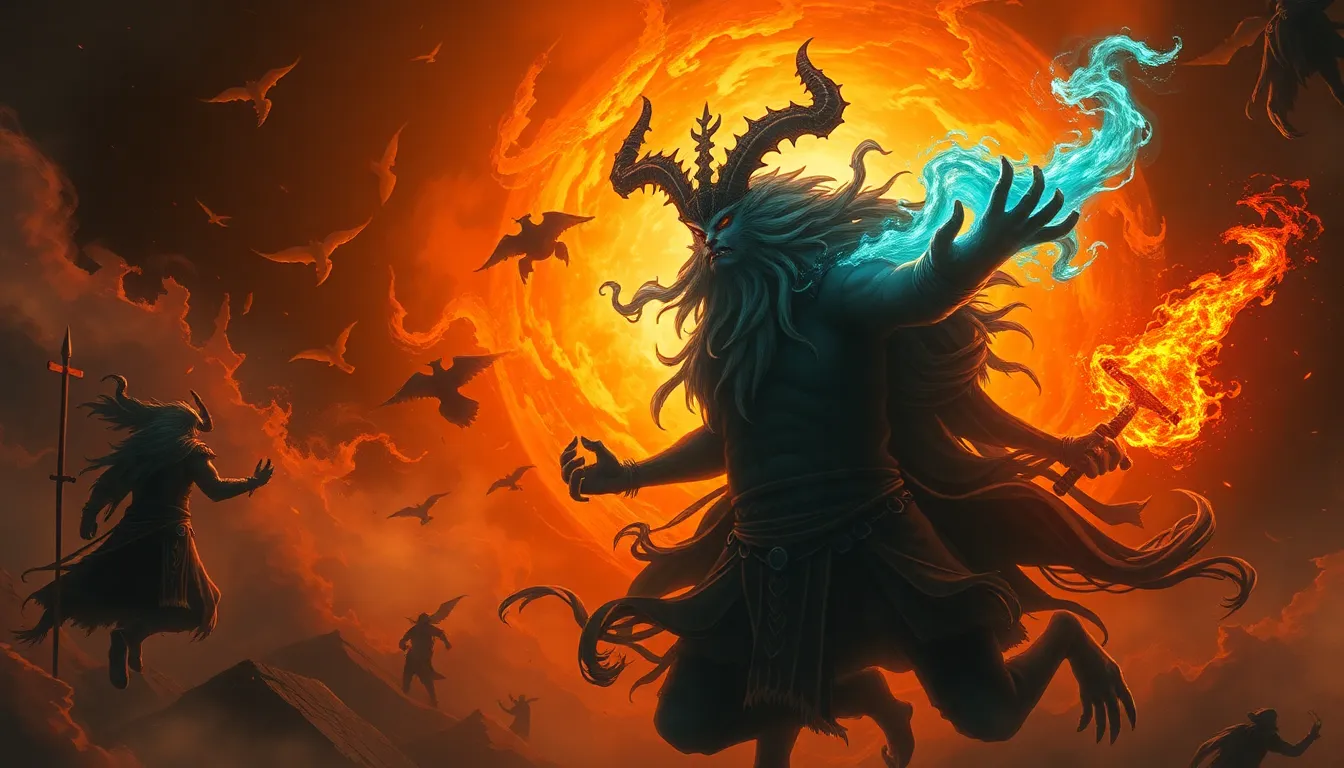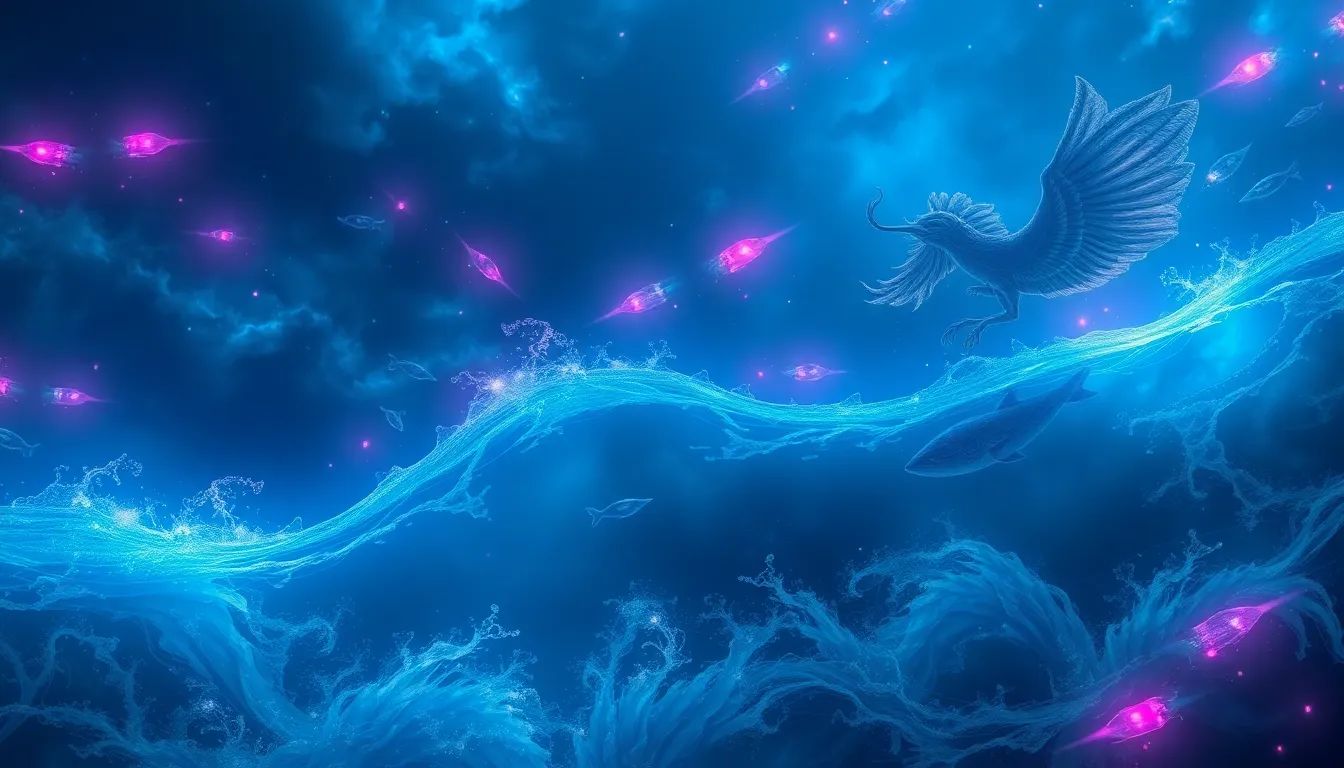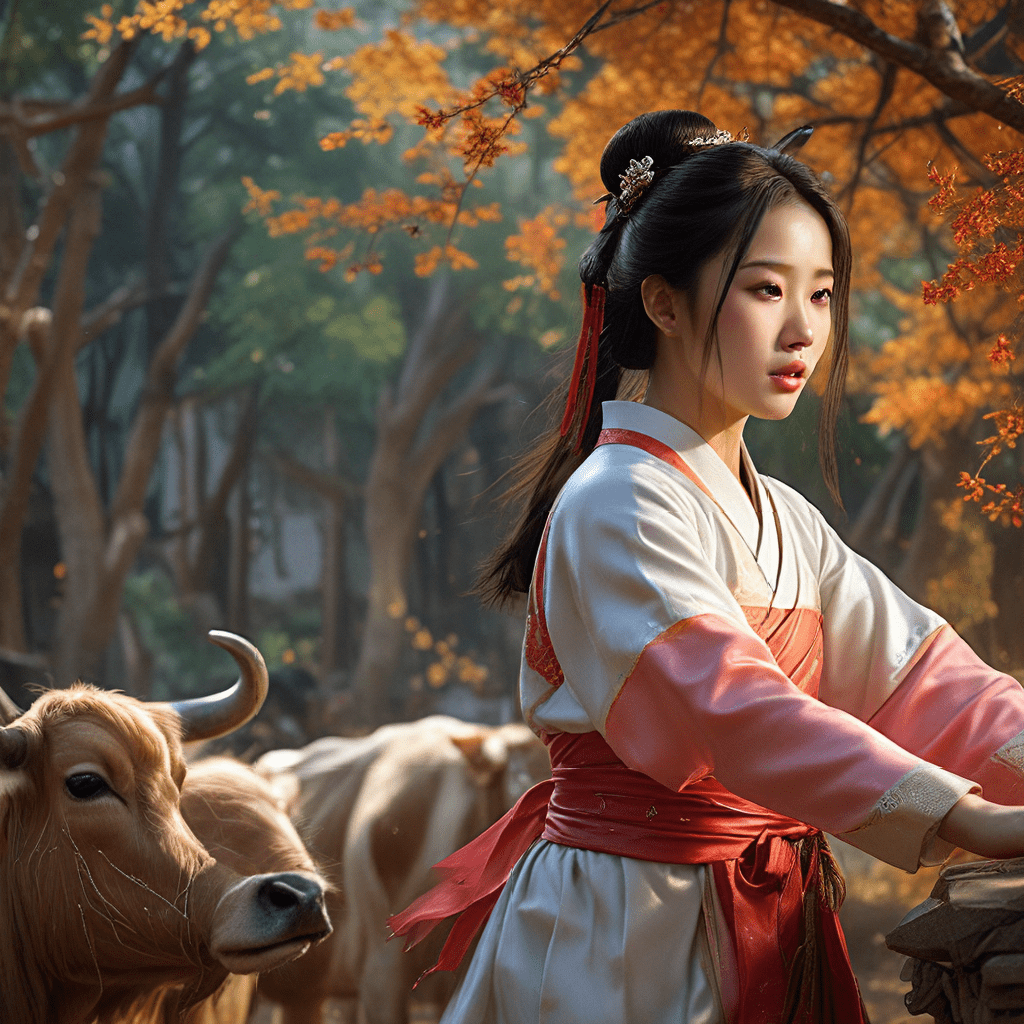Cultural Hero Myths: The Stories Behind the Legends
I. Introduction to Cultural Hero Myths
Cultural hero myths are foundational stories that celebrate individuals who embody the values, struggles, and aspirations of their communities. These narratives often depict extraordinary figures who confront challenges, overcome adversity, and achieve greatness, serving as models for behavior and ideals.
Hero myths are significant across various cultures, providing not only entertainment but also moral guidance and a shared sense of identity. They reflect the values and challenges of the societies from which they emerge, bridging generations and shaping cultural memory.
This article explores the role of hero myths in human society, their historical context, common themes, notable case studies, and their modern interpretations. We will also examine critiques of traditional narratives and speculate on the future of hero myths in a rapidly changing world.
II. The Role of Myths in Human Society
Myths serve numerous purposes within human societies, and hero myths are no exception. They are often viewed as:
- Tools for moral and ethical guidance: Hero myths frequently illustrate moral dilemmas and ethical choices, teaching lessons about right and wrong.
- The psychological impact: They can provide individuals with hope and inspiration, encouraging them to face their own challenges.
- Shaping cultural identity: Hero myths help define what it means to belong to a particular culture, fostering unity and shared values.
III. Historical Context of Hero Myths
The evolution of hero myths reflects the changing values and circumstances of societies. Historically, hero myths have evolved through:
- Historical events: Major events such as wars, discoveries, and social movements can influence the formation and reinterpretation of hero myths.
- Ancient vs. modern hero myths: While ancient myths often focused on divine or semi-divine figures, modern hero myths may focus on everyday individuals who exhibit extraordinary qualities.
This evolution showcases the adaptability of myths, allowing them to remain relevant to contemporary audiences.
IV. Common Themes in Cultural Hero Myths
Hero myths often share common themes that resonate across cultures:
- The hero’s journey: This narrative arc typically includes stages such as the call to adventure, trials, and the return home, symbolizing personal growth and transformation.
- Archetypes of heroes: Various cultures have their own archetypes, such as the warrior, the savior, and the trickster, each representing different facets of heroism.
- The duality of heroism: Heroes often possess both virtues and flaws, showcasing the complexity of human nature and reminding us that heroism is not about perfection.
V. Case Studies of Prominent Cultural Heroes
Examining specific cultural heroes provides insight into the lessons and values embedded within their stories:
- Hercules: The Greek demigod known for his strength and his Twelve Labors, Hercules embodies the struggle against overwhelming odds, representing perseverance and redemption.
- King Arthur: A legendary figure of British folklore, Arthur symbolizes ideals of leadership, chivalry, and the quest for justice, with his story intertwined with notions of national identity.
- Mahatma Gandhi: A modern hero known for his philosophy of nonviolence, Gandhi’s life illustrates the power of peaceful resistance and moral integrity in the face of oppression.
VI. Cultural Significance of Regional Hero Myths
Different regions have unique hero myths that reflect their cultural values and teachings:
- Indigenous hero myths: Often centered around nature and community, these myths teach respect for the earth and interconnectedness.
- African hero myths: Rich in oral tradition, these stories often highlight themes of resilience, community, and the importance of ancestors.
- Asian hero myths: Many Asian cultures emphasize moral virtues, such as honor and duty, with heroes representing the ideal citizen and societal harmony.
VII. The Modern Interpretation of Hero Myths
In contemporary society, hero stories are being reinterpreted through:
- Technology and media: Films, television, and literature have reshaped how hero myths are told, often emphasizing diverse perspectives and contemporary issues.
- Representation: Modern narratives increasingly strive to provide representation for marginalized communities, challenging traditional notions of heroism.
VIII. Critiques and Revisions of Traditional Hero Myths
As societies evolve, so too does the critique of traditional hero myths:
- Cultural appropriation: The borrowing and misrepresentation of hero narratives by those outside the culture can lead to a distortion of original meanings.
- Feminist perspectives: Feminist critiques often highlight the lack of female heroes and challenge the traditional male-centric narratives of heroism.
- Deconstructing heroism: Modern narratives frequently question the binary notions of hero and villain, offering more nuanced portrayals of characters.
IX. The Future of Hero Myths in Global Culture
As we look to the future, several trends may shape the evolution of hero myths:
- Emerging heroes: New figures are rising in prominence, often reflecting contemporary values such as environmentalism, social justice, and technological innovation.
- Social media: Platforms like Twitter and Instagram allow for the rapid sharing of stories, enabling grassroots figures to emerge as heroes.
- Predictions: The future of hero narratives may increasingly reflect global interconnectedness, incorporating diverse cultural perspectives and experiences.
X. Conclusion: The Enduring Legacy of Cultural Hero Myths
Cultural hero myths are not merely stories of the past; they continue to shape our understanding of heroism and identity in contemporary society. They embody timeless themes of struggle, perseverance, and moral integrity, remaining relevant as we navigate the complexities of the modern world.
As we explore and appreciate diverse hero narratives, we enrich our understanding of humanity and the values we hold dear. The legacy of cultural hero myths will undoubtedly endure, inspiring future generations to find their own heroes and become heroes in their own right.



